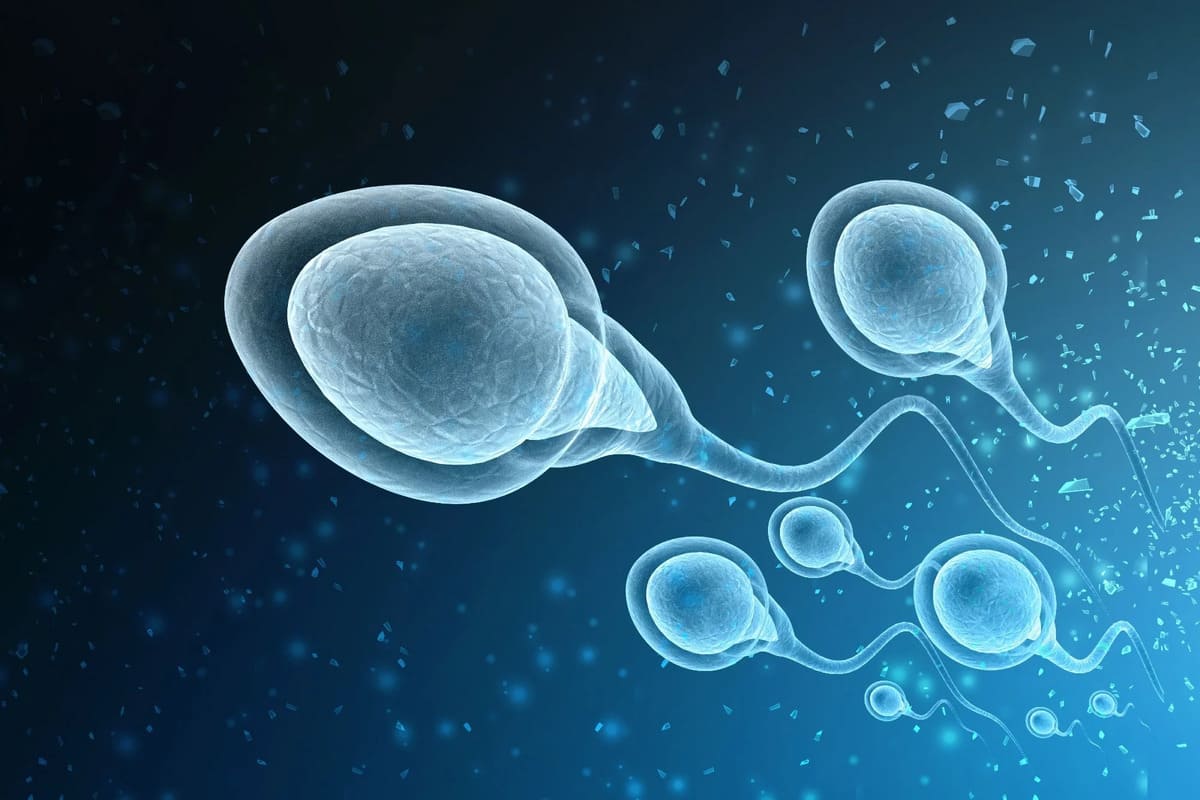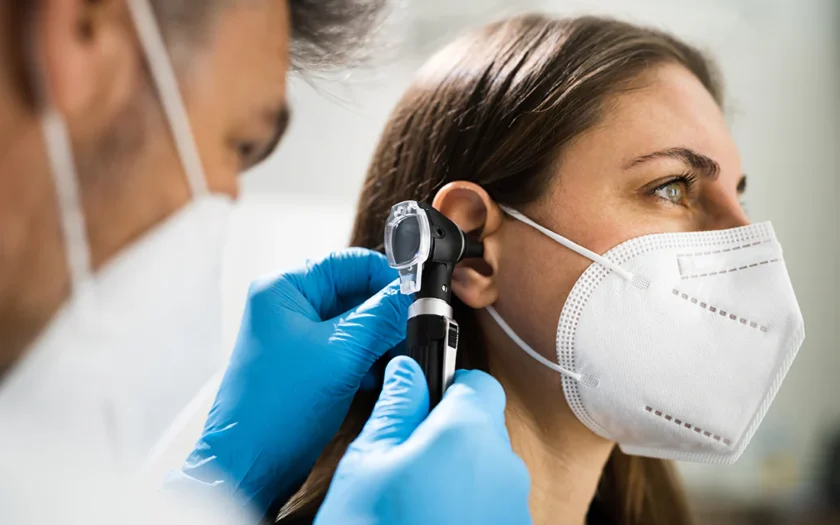Testosterone is a hormone primarily produced in the testes in males and in smaller amounts in the ovaries and adrenal glands in females. It belongs to a class of hormones known as androgens and plays a crucial role in the development and maintenance of male reproductive tissues and secondary sexual characteristics.
Where is testosterone produced in men?
Testosterone is primarily produced in the testes of men. The testes, also known as testicles, are two oval-shaped organs located within the scrotum, which is a sac of skin located below the penis. Within the testes, specialized cells called Leydig cells are responsible for producing testosterone in response to signals from the pituitary gland and hypothalamus in the brain.
The production of testosterone in men is regulated by a complex system known as the hypothalamic-pituitary-gonadal (HPG) axis. It involves a series of hormonal signals that originate in the hypothalamus, which releases gonadotropin-releasing hormone (GnRH). GnRH stimulates the pituitary gland to release two other hormones, luteinizing hormone (LH) and follicle-stimulating hormone (FSH). LH, in particular, stimulates the Leydig cells in the testes to produce testosterone.
Once produced, testosterone plays essential roles in male reproductive health, including the development of male sexual organs, sperm production, secondary sexual characteristics, and regulation of libido and sexual function. Additionally, testosterone influences other aspects of male physiology, such as muscle mass, bone density, mood, and energy levels.
What functions does testosterone perform?
Testosterone plays a critical role in the formation and maintenance of male characteristics. This includes a deep voice, growth of facial and body hair, and the development of a masculine physique such as broad shoulders and a narrow waist. Functions of testosterone:
- spermatogenesis. Testosterone is a key factor for the health and normal functioning of the testicles, where the process of sperm production occurs. This is important for maintaining male reproductive function;
- muscle mass and strength. Testosterone promotes the growth and maintenance of muscle mass. It stimulates protein synthesis in muscles and increases the number of nuclei in muscle cells, which promotes their growth and strengthening;
- regulation of fat distribution. The hormone affects the metabolism of adipose tissue, helping to prevent the accumulation of excess fat in the body, especially in the abdominal area;
- sexual function. The hormone plays an important role in maintaining sexual desire (libido), erection and the ability to have sexual intercourse. Low testosterone levels can lead to decreased sex drive and even erectile dysfunction;
- maintaining bone density. Testosterone plays a role in maintaining bone health, helping prevent the development of osteoporosis and other bone diseases;
- regulation of mood and cognitive functions. The hormone can affect mood, energy, and cognitive functions such as memory, attention, and mental clarity. Low testosterone levels can be associated with depression, fatigue and decreased concentration.
Testosterone plays an important role in stimulating physical growth and development during adolescence. Overall, testosterone plays a key role in maintaining men’s overall health and well-being, influencing multiple aspects of their physiology and behavior.
How does low testosterone manifest in men?
Low testosterone, also known as hypogonadism, can manifest in men in various ways. Common symptoms include reduced libido or sex drive, erectile dysfunction, and decreased sexual performance. Men with low testosterone may also experience fatigue, lethargy, and a decrease in energy levels. Additionally, low testosterone levels can contribute to changes in mood, including feelings of depression, irritability, and reduced motivation.
Physically, individuals with low testosterone may notice decreased muscle mass, strength, and endurance, as well as increased body fat accumulation, particularly around the abdomen. Other possible signs of low testosterone include decreased bone density, reduced facial and body hair growth, and changes in sleep patterns. If experiencing symptoms suggestive of low testosterone, it’s essential for men to consult with a healthcare professional for proper evaluation and management.
Causes of decreased testosterone
As you age, testosterone levels naturally decline. This process begins around age 30 and continues throughout life. Other causes of low testosterone:
- stress and depression. Psychological stress and depression can reduce testosterone levels in men. In response to stress, the body may produce more cortisol, which can suppress testosterone production;
- insufficient sleep. Lack of sleep or sleep disturbances can reduce testosterone levels. Lack of quality sleep can disrupt the hormonal balance in the body;
- sedentary lifestyle. Insufficient physical activity and a sedentary lifestyle can contribute to decreased testosterone levels;
- nutrition and diet. Inadequate intake of nutrients, including protein, fat and vitamins such as zinc and vitamin D, can affect testosterone levels;
- overweight or obesity. Excessive body fat can lead to decreased testosterone levels because fat cells can convert testosterone into estrogen;
- chronic diseases. Some chronic diseases, such as diabetes, obesity, hypertension and thyroid disease, can have a negative impact on testosterone levels;
- alcohol and nicotine. Excessive alcohol consumption and nicotine use can also reduce testosterone levels in men by affecting hormonal balance.
Considering these factors, maintaining a healthy lifestyle, eating well, getting enough sleep and moderate physical activity can help maintain normal testosterone levels. If you suspect low testosterone levels, be sure to see your doctor for diagnosis and treatment.
How to increase testosterone levels?
There are several ways to naturally increase testosterone levels in men. One of the most effective methods is to maintain a healthy lifestyle that includes regular exercise, a healthy diet and adequate rest. Exercise, especially strength training, can stimulate natural testosterone production. Eating a diet rich in protein, healthy fats, vitamins and minerals can also help maintain testosterone levels.
It is also important to avoid stress, moderate alcohol and nicotine consumption, and get adequate sleep, as this can also affect testosterone levels. In some cases, your doctor may recommend drug treatment or testosterone replacement therapy to correct low levels of the hormone. However, the use of such methods should only be done under medical supervision.
How does physical activity affect testosterone levels?
Physical activity can have a significant impact on testosterone levels in men. Regular exercise, especially resistance training and high-intensity interval training (HIIT), has been shown to increase testosterone production. When engaging in strength training exercises, the body responds by releasing hormones such as testosterone and growth hormone to support muscle growth and repair.
Additionally, aerobic exercise, such as running or cycling, can also have a positive effect on testosterone levels, although to a lesser extent compared to resistance training. Aerobic exercise helps improve overall cardiovascular health and can contribute to weight management, both of which indirectly support testosterone production.
However, it’s essential to note that the relationship between physical activity and testosterone levels is complex and can be influenced by various factors, including exercise intensity, duration, frequency, and individual differences in hormone sensitivity. Overtraining or excessive exercise without adequate recovery can potentially lead to temporary decreases in testosterone levels.
Overall, maintaining a balanced exercise routine that includes both resistance training and aerobic exercise, along with sufficient rest and recovery, can help optimize testosterone levels and promote overall health and well-being in men.



